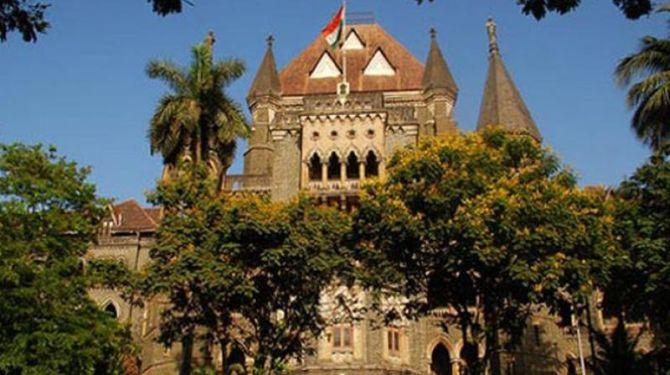The Bombay high court on Tuesday commuted to life imprisonment the death sentence awarded to sisters Renuka Shinde and Seema Gavit, who were convicted by a Kolhapur court for kidnapping 14 children and killing five of them between 1990 and 1996.

A bench of Justices Nitin Jamdar and S V Kotwal noted that the Maharashtra and Union governments had inordinately delayed the execution of the death sentence awarded to the two women even though their mercy petition filed before the President was rejected in 2014.
Such delay was the reason for commuting their death sentence to life imprisonment, the high court said, noting that it showed the "casual approach" of the state and Union governments.
The bench further said that the primary reason for its decision to commute the death sentence was the "dereliction of duty of the state machinery".
The two women, who have been in custody since October 1996, had in 2014 petitioned the high court to commute the death sentence to life term, citing unreasonable delay by the state in dealing with their mercy petitions.
The sisters had said that such delay violated their fundamental right to life.
The convict women, in their plea in the high court, said they had been living under the fear of death for more than 13 years from the time that the high court and Supreme Court confirmed their death sentence.
The delay in deciding the mercy petitions was entirely attributable to the executive, including the Maharashtra governor, state government, ministry of home affairs and the President of India, they stated.
On Tuesday, the bench of Justices Jamdar and Kotwal said, "The inordinate delay in executing the death sentence even after their (Shinde and Gavit) mercy petition was rejected shows the casual approach of state officers."
"The state machinery showed indifference. That it took over seven years for movement of files is unacceptable. Dereliction of duty of the state is the reason for commuting the death sentence," it said.
The sessions court in Kolhapur had convicted the accused and sentenced them to death in 2001. The death sentence was confirmed by the high court in 2004 and thereafter by the Supreme Court in 2006.
The convicts approached the governor with a mercy petition in 2008, which came to be rejected in 2012-13. After that, the convicts approached the President with a mercy petition, and the same was rejected in 2014.
The sisters argued before the high court that they had both suffered over 25 years in custody and had therefore invoked their fundamental right under Article 21 through the present petition.
The women urged the court to commute their death sentence to a life term and to also order for their release forthwith considering the 25 years already spent behind by bars by them as the life sentence already undergone.
Advocate Sandesh Patil, appearing for the Centre, argued that the mercy petition had been sent across to the President as soon as it was received from the state government and that there had been no delay.
The President had decided on the application within 10 months, he said.
The high court bench allowed the women's petition partly by commuting their death sentence to life. It, however, refused to allow them to be released from custody, stating that the two women will have to serve their life sentence till the end of their natural life, considering that the crime committed by them was "heinous".
"The position of law is that an unexplained delay in disposal of mercy petitions may result in commuting the death sentence. Despite this legal position, only due to the casual approach of the officers of the respondent state, the mercy petitions were not decided for over seven years," the court said.
"There was laxity on the part of the state officers and this is unacceptable. The files did not move for over seven years, even when the electronic modes were available. Dereliction of duty of the officers of the state is responsible for commuting of the death sentence to life term," it observed.
In causing such delay, the state had not only breached the fundamental rights of the convicts, but it had also failed the victims in case, the court said.
"We, however, decline to release them forthwith, as the crime committed by them is heinous. The brutality with which the children were murdered is beyond words to condemn. The SC also dismissed their petition saying that they were a menace to the society," it said, while cancelling and setting aside the warrant for execution of death sentence.











 © 2025
© 2025